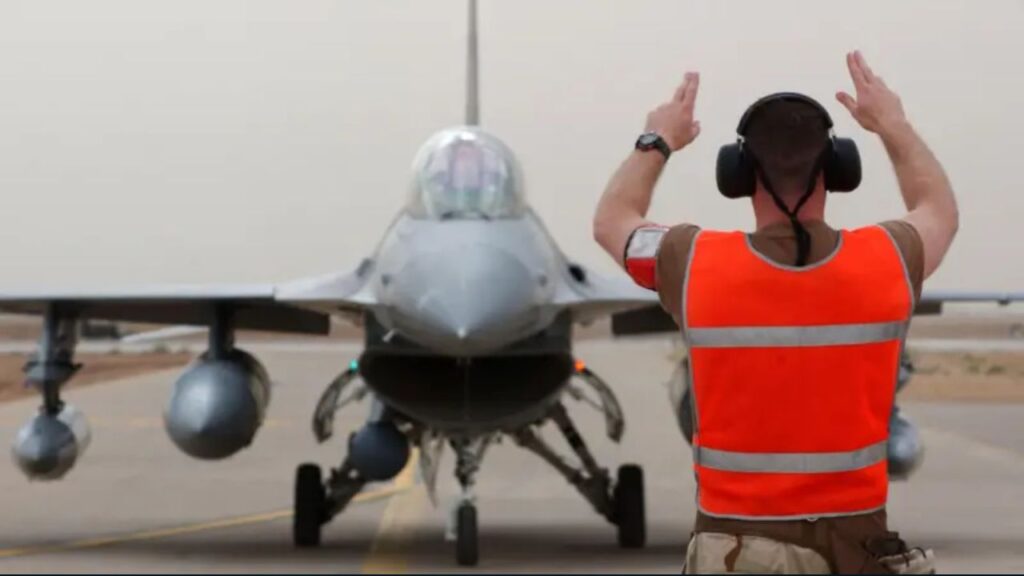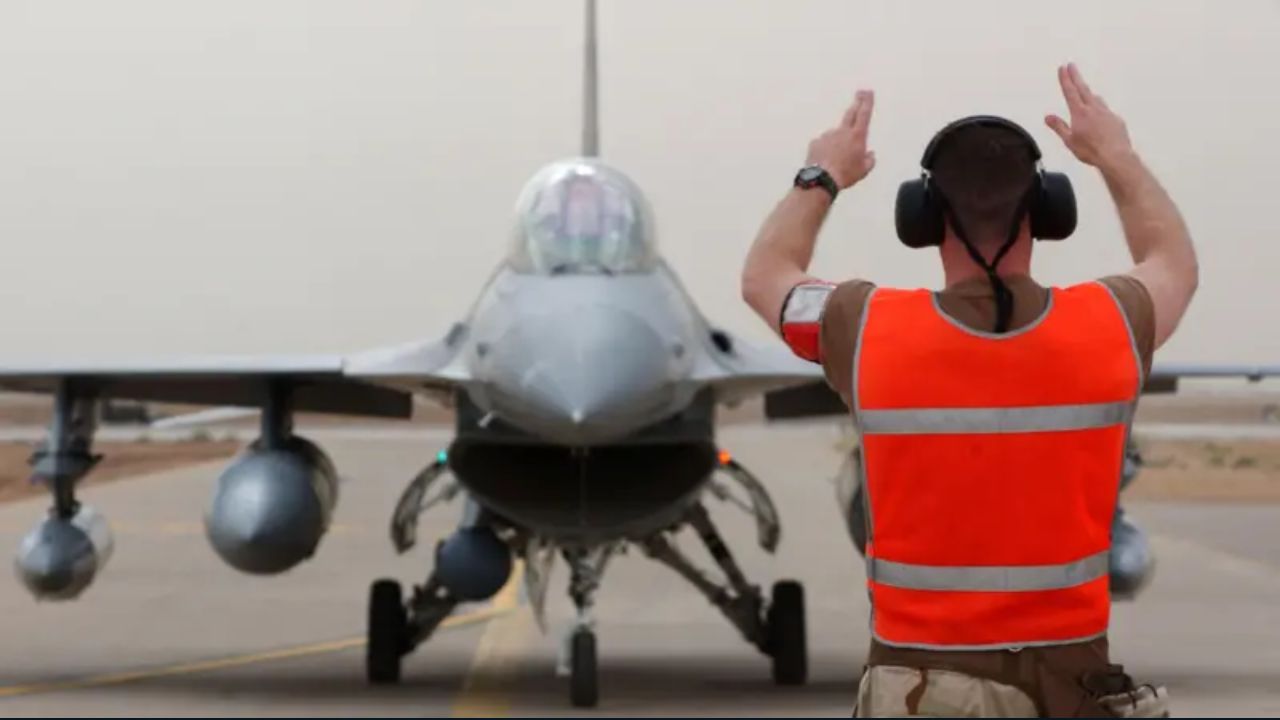US deploys warships, Middle East tensions, Iran threatens Israel, Ismail Haniyeh assassination, Hezbollah commander killed, US military response, Israel defense, Pentagon deployment, Middle East conflict, US-Iran relations
The United States has deployed additional warships and fighter jets to the Middle East in response to rising tensions with Iran following the assassination of key militant leaders. This move aims to bolster Israel’s defense and ensure preparedness for potential threats.

US Deploys Jets and Warships as Iran Threatens Israel
The United States has announced the deployment of additional warships and fighter jets to the Middle East to bolster Israel’s defense capabilities amid escalating tensions with Iran and its regional proxies. This move comes in response to the assassination of key militant leaders linked to Hamas and Hezbollah, which has further inflamed an already volatile situation in the region.
Context of the Deployment
Assassination of Hamas Leader Ismail Haniyeh
Ismail Haniyeh, the leader of Hamas, was assassinated in Tehran, Iran. Haniyeh, 62, was widely considered the overall leader of Hamas and played a crucial role in negotiations aimed at reaching a ceasefire in the Gaza conflict. His death has been attributed to an attack that Iran and its Gaza-based proxy have blamed on Israel. Although Israel has not officially commented on the assassination, the incident has significantly heightened tensions.
Killing of Hezbollah Commander Fuad Shukr
Just hours before Haniyeh’s death, Israel claimed responsibility for the killing of Fuad Shukr, a top military commander of Hezbollah in Lebanon. Shukr was a key figure in Iran’s proxy network, and his death represents a significant blow to Hezbollah’s military leadership.
US Military Response
Increased Military Presence
In light of these developments, the Pentagon announced that it would deploy additional ballistic missile defense-capable cruisers and destroyers to the region. This move is intended to enhance US force protection and support for Israel’s defense, ensuring the US is prepared to respond to various contingencies.
A Pentagon statement emphasized that the commitment to defend Israel is “ironclad,” and the additional deployments are aimed at improving US force readiness and support for Israel. The US military had already intensified deployments earlier in the year, particularly after Iran launched an attack on Israel with drones and missiles on April 13. During that attack, Israel and its allies successfully intercepted almost all of the approximately 300 drones and missiles fired.
Statements from US and Israeli Leaders
US Pentagon and Administration
Pentagon spokesperson Sabrina Singh commented on the situation, indicating that the US does not believe that escalation is inevitable. “I think we are being very direct in our messaging that certainly we don’t want to see heightened tensions, and we do believe there is an off-ramp here and that is that ceasefire deal,” Singh stated.
Israeli Prime Minister Benjamin Netanyahu
Prime Minister Benjamin Netanyahu has addressed the nation, warning of challenging days ahead. He acknowledged the threats from multiple fronts and reassured the public that Israel is prepared for any scenario. Netanyahu highlighted the recent successful operations, including the killing of Fuad Shukr, as evidence of Israel’s capability to deliver “crushing blows” to its enemies.
Reactions and Consequences
Iran’s Response
In response to the assassination of Haniyeh, Iran’s Supreme Leader Ayatollah Khamenei has vowed harsh punishment against Israel and declared three days of national mourning. This pronouncement underscores the severe escalation in rhetoric and the potential for increased conflict in the region.
International Diplomacy
An Israeli delegation is set to travel to Cairo for negotiations aimed at reaching a ceasefire in Gaza and securing the release of hostages. This diplomatic effort is crucial as the conflict, which was sparked by Hamas’s October 7 attack on Israel, continues to claim lives. According to the Hamas-run health ministry in Gaza, the ongoing military operations have resulted in nearly 40,000 deaths.
Historical and Strategic Implications
Strategic Importance of the Middle East
The Middle East remains a strategically critical region for global security, given its geopolitical significance and the presence of various militant groups. The US’s decision to deploy additional military assets underscores its commitment to maintaining stability and supporting its allies in the region.
Impact on US-Iran Relations
The assassination of Haniyeh and the subsequent military buildup by the US could further strain relations between Washington and Tehran. Iran’s support for militant groups such as Hamas and Hezbollah has been a longstanding point of contention, and the recent escalations could lead to more direct confrontations.
Conclusion
The US deployment of additional warships and fighter jets to the Middle East represents a significant escalation in response to threats against Israel from Iran and its proxies. The assassination of key militant leaders has heightened tensions, prompting the US to reinforce its military presence and demonstrate its unwavering support for Israel. As diplomatic efforts continue, the international community watches closely, hoping for a resolution that will prevent further conflict and stabilize the region. The developments underscore the fragile balance of power in the Middle East and the critical role of international diplomacy in managing regional conflicts.
Read More
